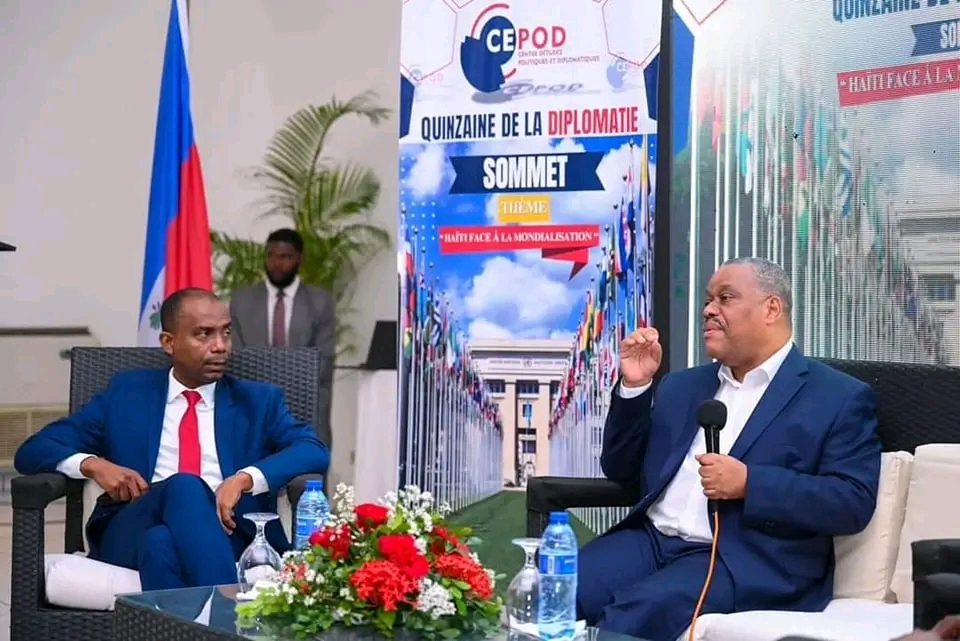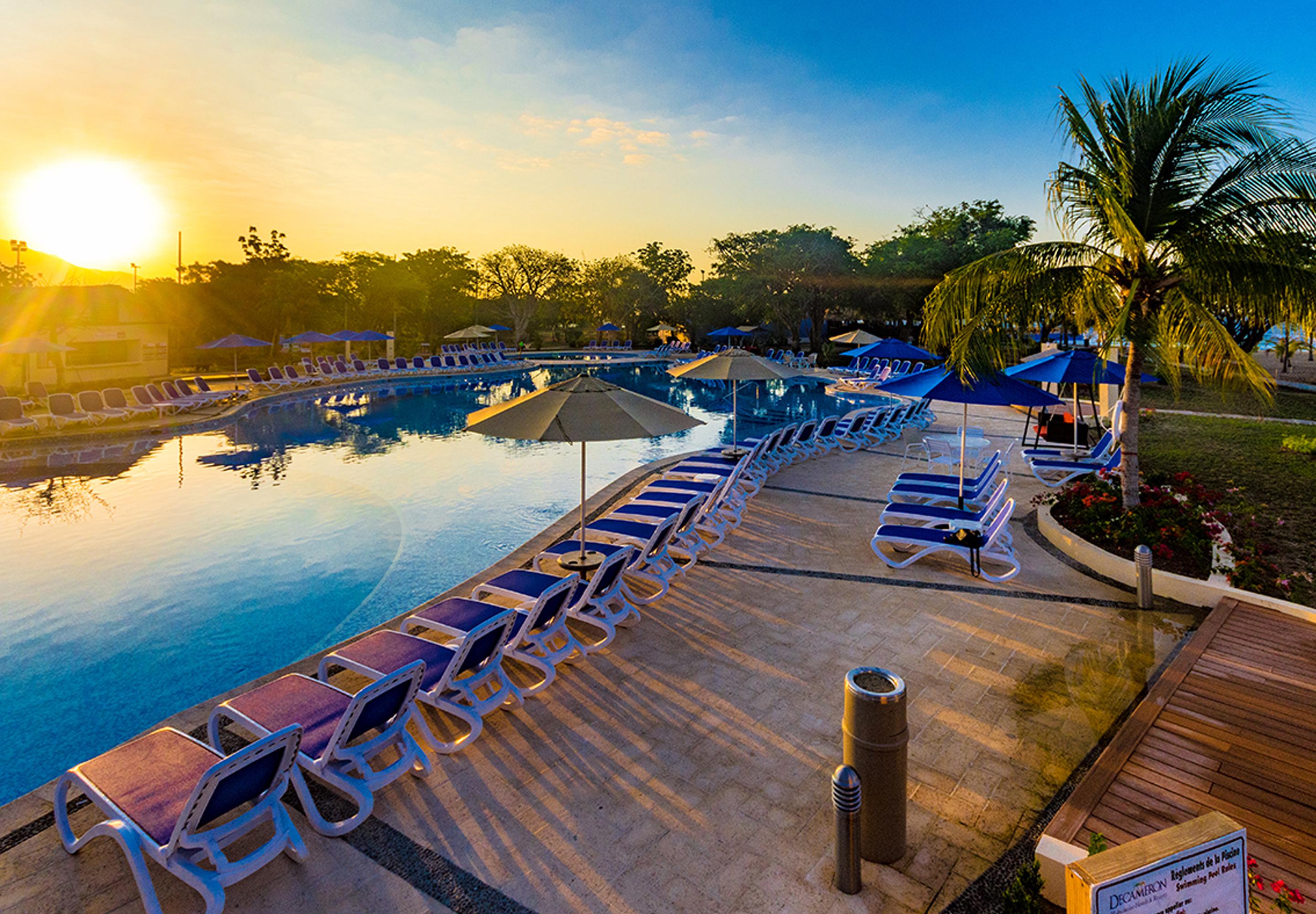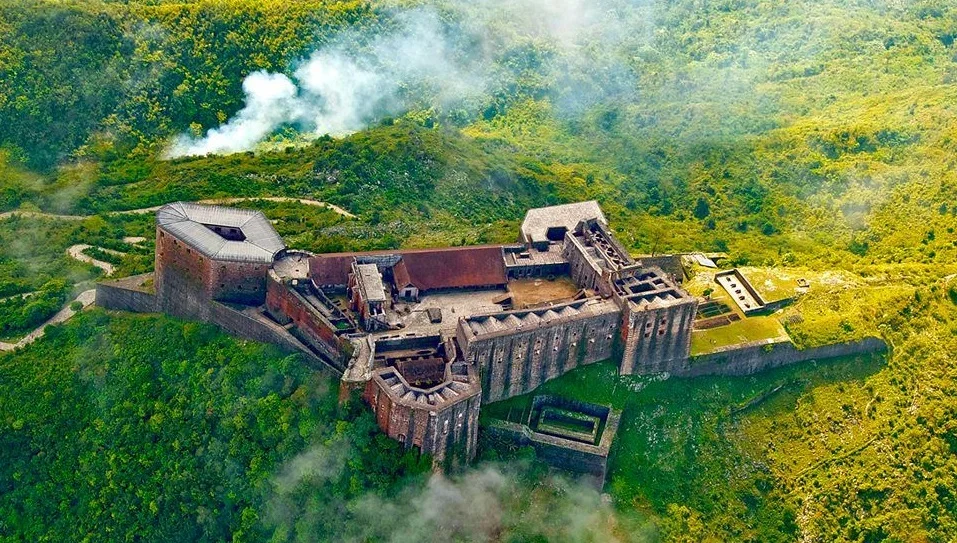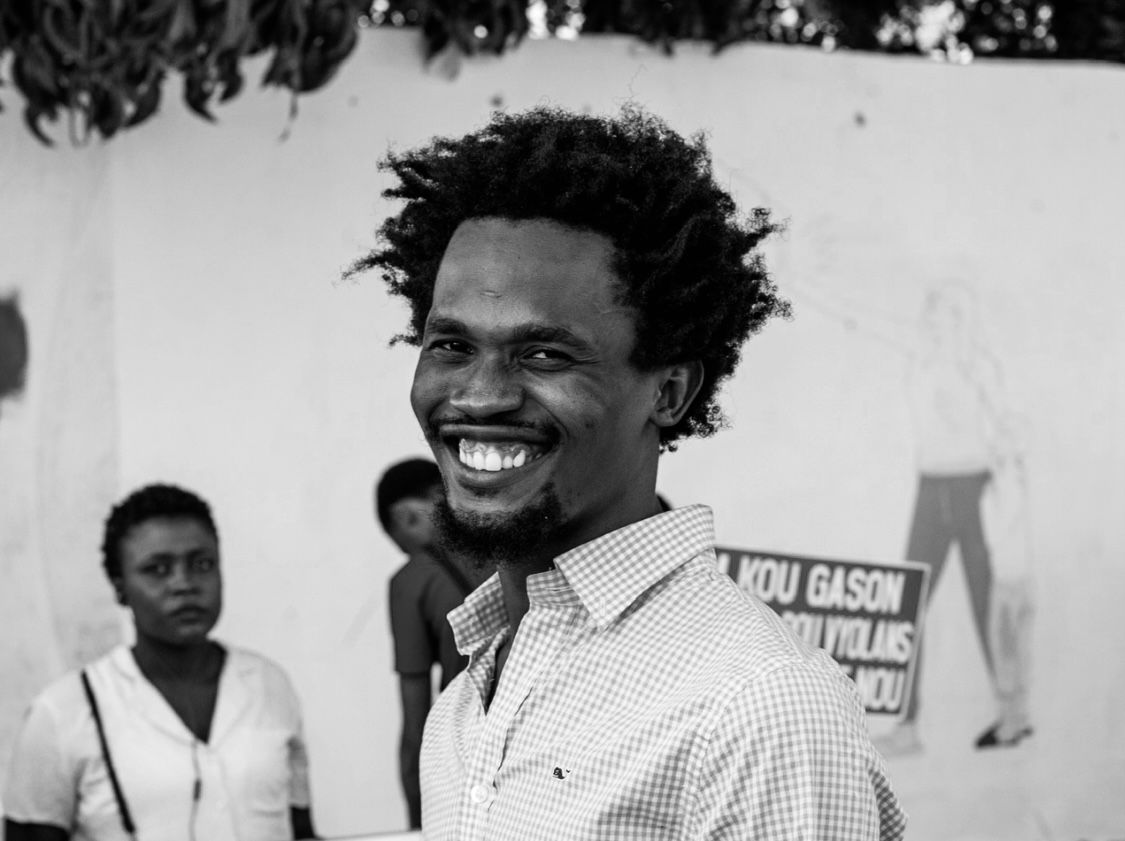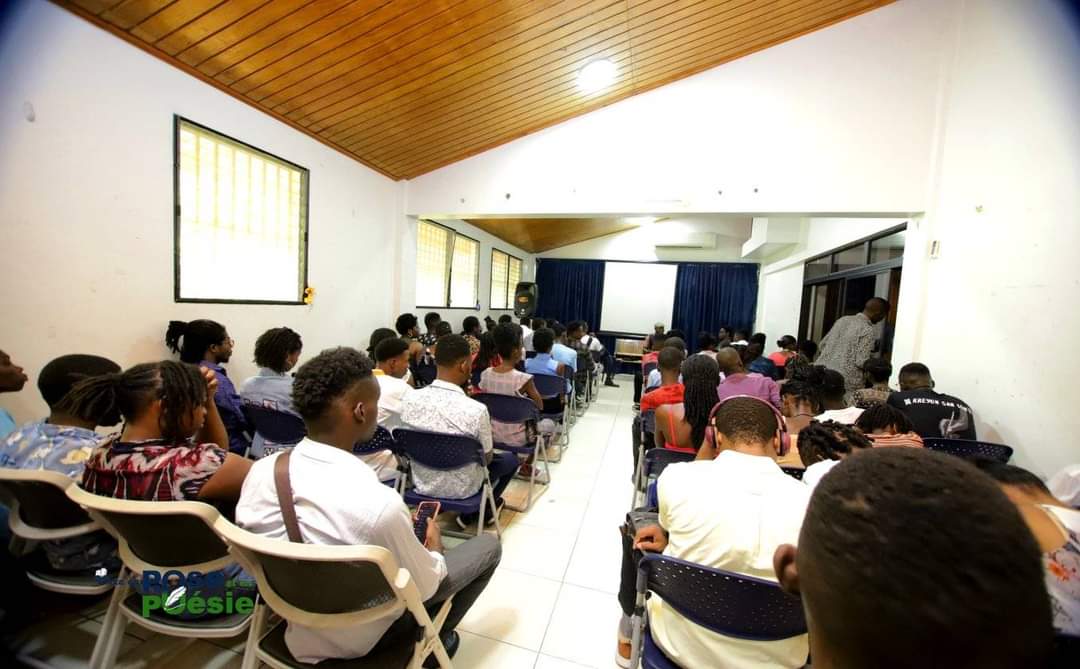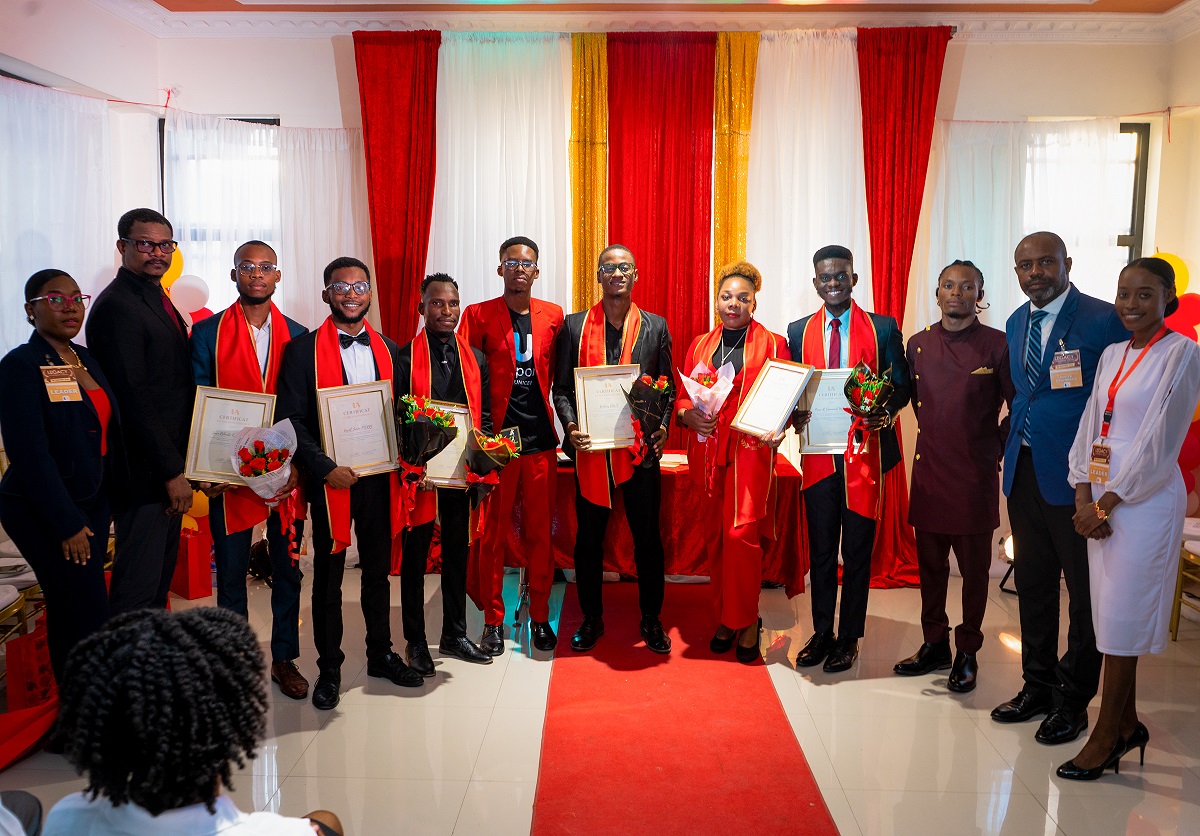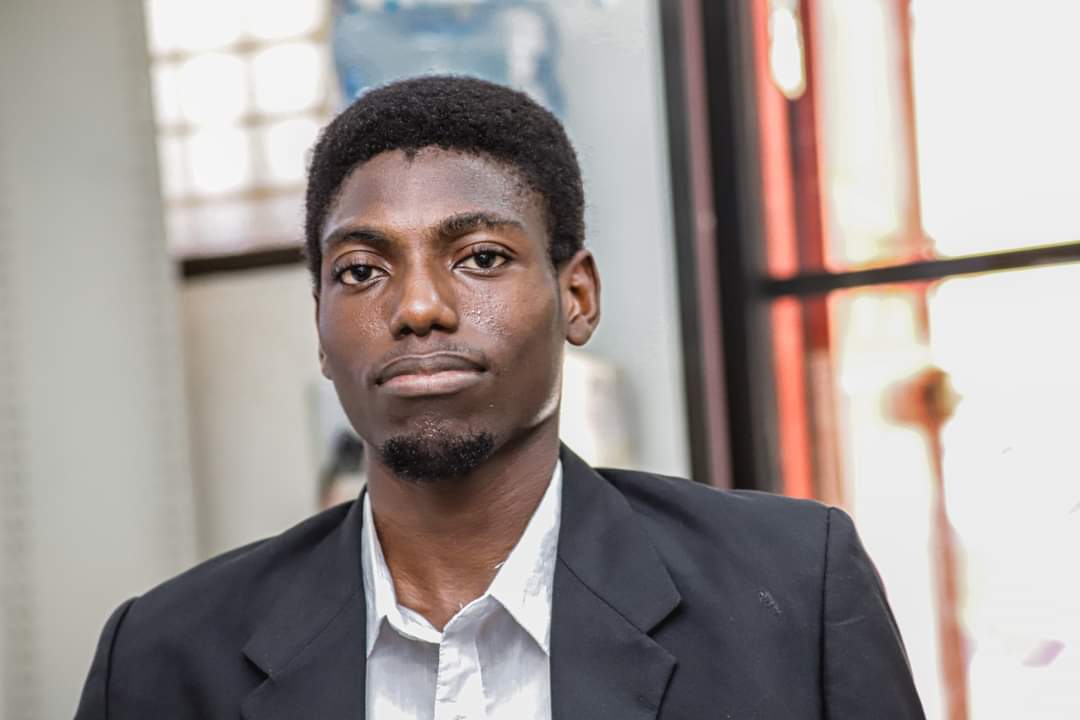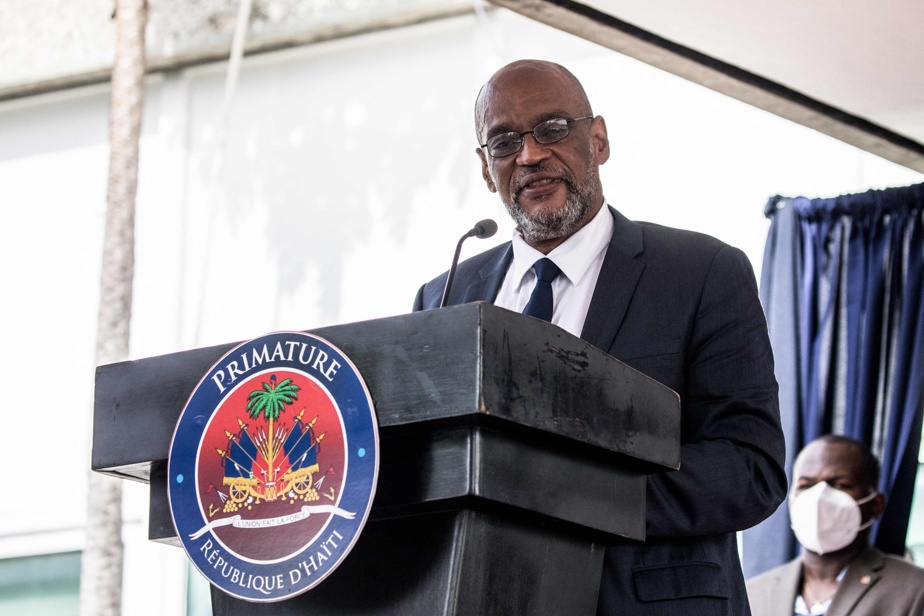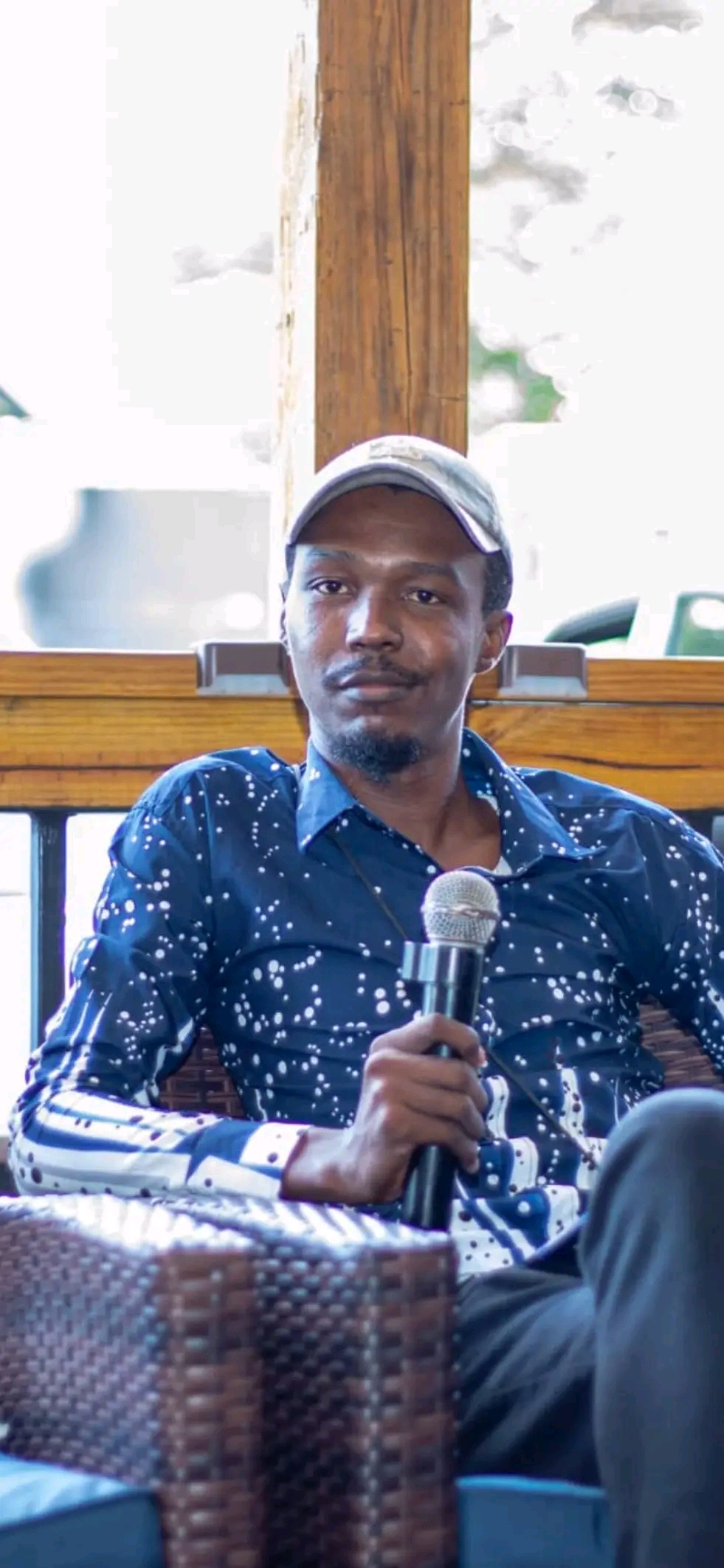
Interventions
The summit began with the intervention of the President of CEPOD, Mr. Jean Jul Desauguste, who had to mention the context surrounding the initiative, and took the opportunity to touch on the schedule of the fortnight, which according to him will be very busy in terms of diplomatic achievements. The members of CEPOD will even have to make trips abroad in favor of Haitian diplomacy during this intense diplomatic period, he had declared.
In addition, the interventions within the summit were subdivided into three main lines, each having a well-specified term that served as a framework for the interventions of each of the speakers.
Diplomacy and economic governance; Diplomacy and political education; Diplomacy, humanitarian and migratory crisis were addressed respectively by all the speakers.
Haitian Prime Minister Dr. Garry Conille, in his speech, insisted that the country should not stop living because of the security crisis affecting its capital and part of the Artibonite department. The fight against the sick parts of the country will also involve the development of areas of the country spared by the bad pathology, according to him. In this regard, he took the example of Jamaica in the 70s, whose capital found itself in a similar position to ours, and which had used a similar strategy that bore fruit. He declared that he had engaged his government in such an approach, in parallel with the fight for the recovery of the part of the country occupied by armed groups. In this sense, he is pleased with the resumption of cruise ship traffic in the north of the country. He also mentioned the need for a country like Haiti, largely exposed to climate change, to have a diplomacy with an enlightened, learned vision of what the country needs for its development, accompanied by a well-defined and ambitious program to present to its international partners. And also the need for Haïti to have alliances with countries that have similar difficulties to its own. He cited Rwanda under the leadership of Paul Kagame as an example, where he had to work for a while for the UN, in the early 2000s, and which less than 25 years later, had managed to transform itself into an emerging country and a key player in its region by using a similar approach. "The Haitian case is a case that must be opened to other partners who are looking for other areas to invest in," he concluded. It is in this sense that he registered his last trip to one of the countries of the Arabian Gulf. The Canadian ambassador, Mr. André François Giroux, for his part, was keen to emphasize the importance of Haiti, which is located close to the largest stock markets in the world, and whose revolution leading to its independence inspired the standards of universal freedom in force within the international community, in the eyes of his country. Furthermore, he recalled that Haïti is his country’s leading partner in terms of per capita investment. The annual support of one hundred million Canadian dollars to the Haitian police, the financing in large part of the security support mission led by Kenya, which is being deployed against armed groups in Haiti, of which his country is the leading financial contributor, Canada’s investment in the fight against corruption (the only reason, according to him, capable of explaining Haiti’s underdevelopment) characterized by the establishment of a sanction mechanism against a part of the Haitian elite, involved in proven corrupt practices, among other things constituted the bulk of the diplomat’s speech.
The former ambassador of Haïti to the Dominican Republic, historian and sociologist Daniel Supplice, focused his speech on the current migration situation that pits the Dominican authorities against Haitian migrants. He especially recalled that Haïti has not always been a country of immigration. He stressed that the current Haitian diplomatic authorities must use the diplomatic instruments at their disposal to demand respect for the fundamental rights of Haitian migrants in the Dominican Republic. He also mentioned the importance for the internal Haitian authorities to set up a system to identify people expelled by the Dominican Republic, who unfortunately are sometimes citizens of other nations, but sent to Haïti just because they have black skin. The bestial attitude of some Dominican immigration agents towards children must be rigorously denounced. He took the time to conclude his speech by emphasizing the need for the Haitian authorities, and Haitian society as a whole, to work to make the country more livable. Because if people leave, it is because they are fleeing a deep malaise.









